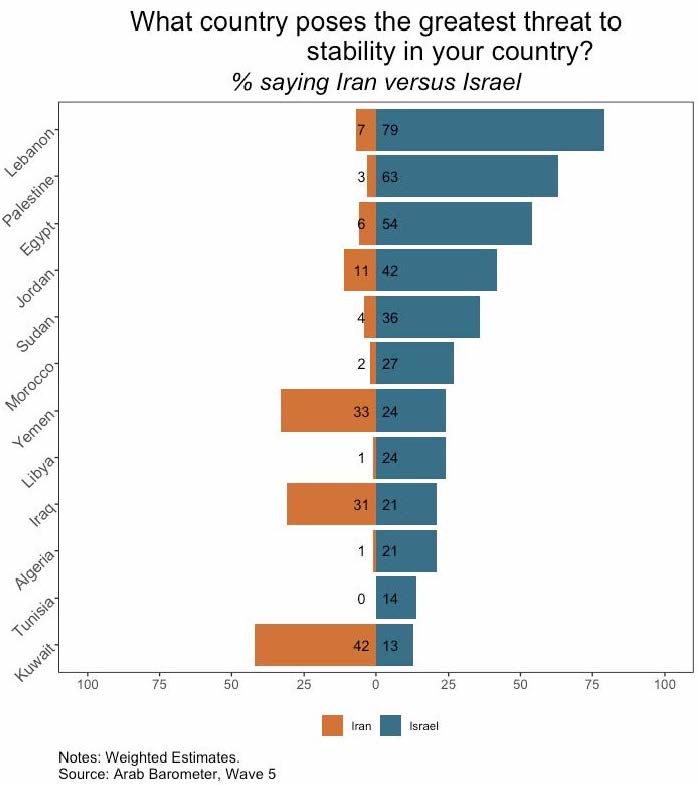Iran’s leading military official has issued a stern warning towards Israel, cautioning that in the event of renewed hostilities, Iran is ready to execute a ‘debilitating’ attack so intense that ‘even the United States may not come to rescue [Prime Minister] Netanyahu.’ Reports from Iranian state media indicate that Major General Abdolrahim Mousavi declared that a painstakingly devised plan of retaliation will go into effect if another ‘misstep’ is taken by Israel’s government.
Mousavi’s warning follows a 12-day long war which resulted in nearly a thousand Iranian and a number of Israeli casualties. This war was concluded with an uneasy truce brokered in the wake of both American-led and Israeli strikes on Iran’s nuclear installations. Comments from the Chief of Iran’s Armed Forces are indicative of the tense state of affairs in the region.
The recent sparing between Iran and Israel, which eventually pulled the United States into a direct combat scenario, has disturbed the global markets and sparked a sense of urgency in diplomatic circles, triggering caution from world powers fearing a more widespread conflict. Iran’s openly stated intention of a ‘debilitating’ military onslaught intensifies worry over the seemingly brittle ceasefire being just a stopgap in a larger, ongoing dispute.
At a memorial service held for a Revolutionary Guard commander who was killed during Israeli strikes, Mousavi expressed, ‘They assumed they could dismantle our system in less than two days and shatter Iran.’ However, he asserted, ‘The Iranian nation outsmarted them.’
According to Mousavi, the previous hostilities form part of a prolonged, 15-year strategy spearheaded by Israel and the U.S. with the intention to destabilize and fragment Iran. Regardless, he claimed that this objective was effectively thwarted by Iran’s unified population, leadership, and military forces.
Mousavi disclosed that Iran was willing to release a shattering final strike on Israel but restrained due to the implementation of the ceasefire. The chain of events was triggered by Israel targeting Iran’s military and nuclear facilities with its strikes on June 13.
Further intensifying the conflict, the United States later teamed up with Israel’s military efforts on the 22nd of June, targeting nuclear sites in Isfahan, Natanz, and Fordow. The campaign was named ‘Operation Midnight Hammer’ by President Donald Trump who asserted that it had effectively disabled Iran’s nuclear program.
While preparing for the upcoming White House meeting with Netanyahu, Trump revealed that the agenda would cover a range of issues including what he referred to as ‘likely a permanent arrangement with Iran.’ He mentioned further, ‘We are working on numerous aspects with Israel.’
Prior to his departure for Washington on Sunday, Netanyahu commended the collaboration with the United States for its role in achieving a ‘significant triumph over our mutual foe.’ Iran’s Major General Abdolrahim Mousavi stated, ‘We had devised the debilitating plan, but because of the ceasefire, it was not deployed. However, if another misstep occurs, this plan will be launched. Even the United States may not be capable of rescuing Netanyahu.’
President Donald Trump stated, ‘We are working on a multitude of issues with Israel, and one of those is likely a permanent agreement with Iran.’ Despite a ceasefire with Israel being established, Iran has stressed that it will retaliate vehemently if provoked once more, warning that the final phase of its retaliation is on standby.
As local participants keep their eyes peeled for the next development, Trump is scheduled to meet with Netanyahu at the White House. This high-profile gathering is set to occur at a pivotal moment, with both parties gauging their subsequent moves in a conflict that has a high potential for re-ignition.

